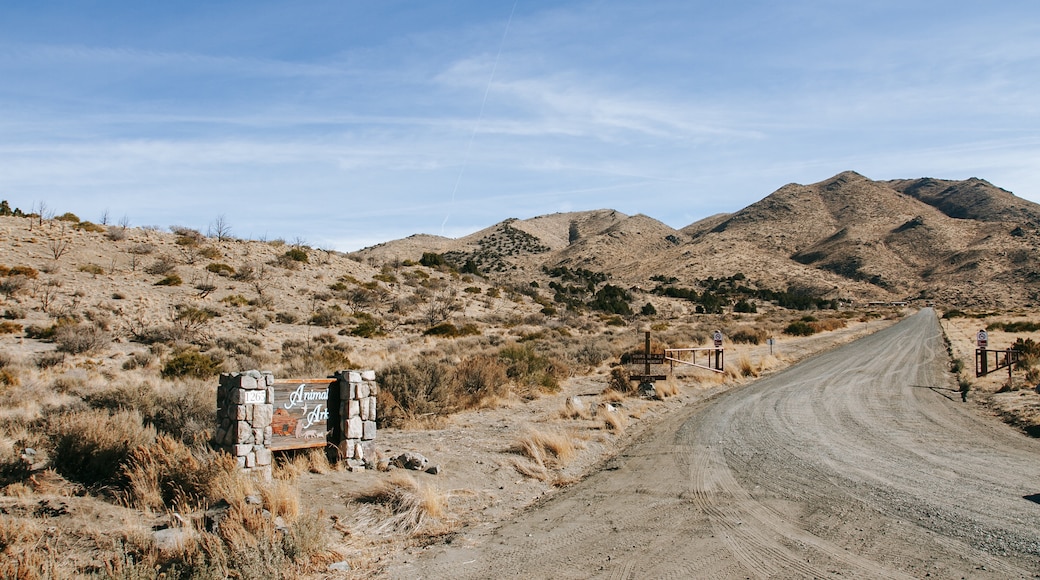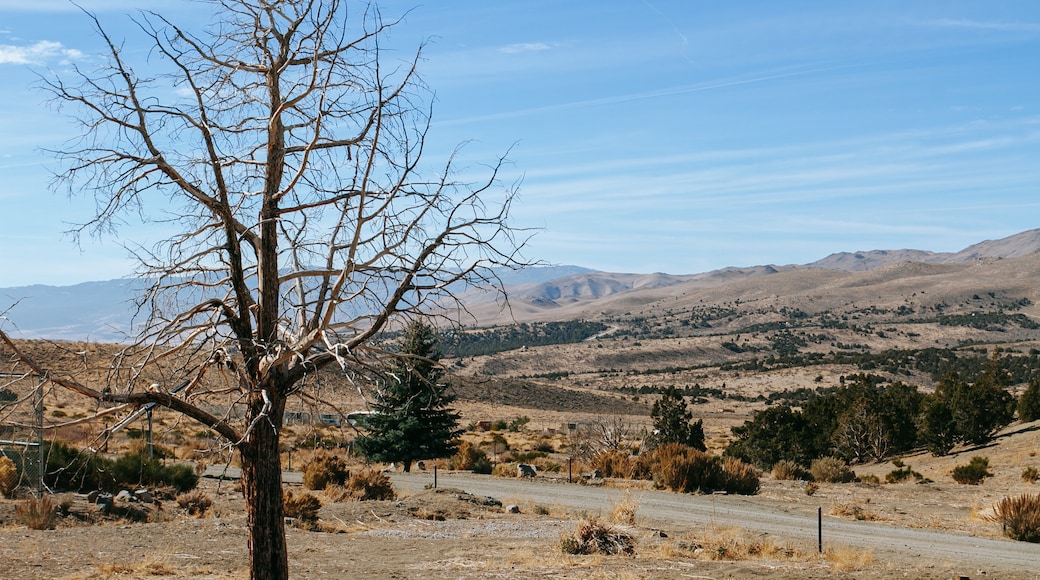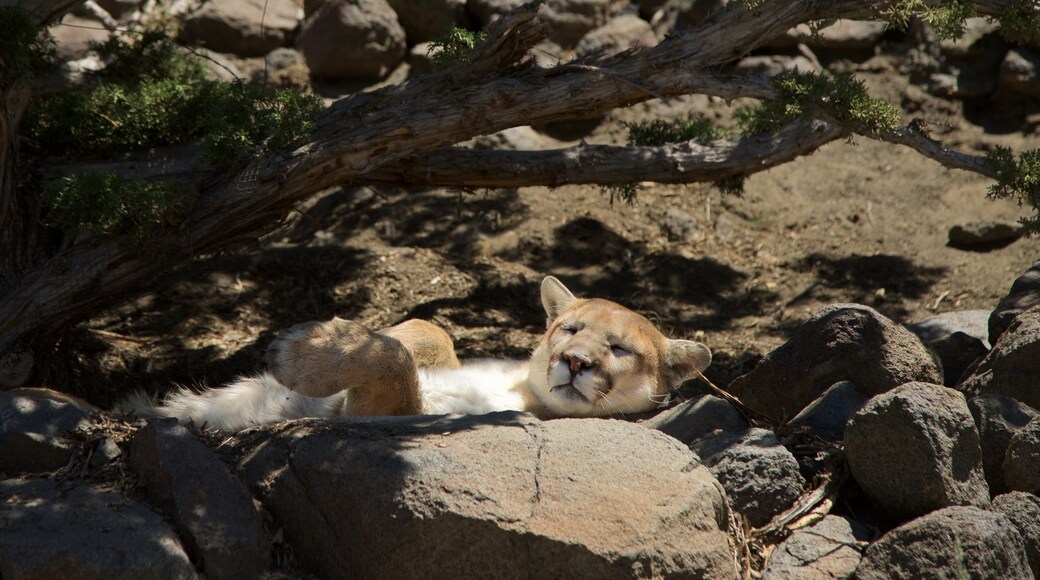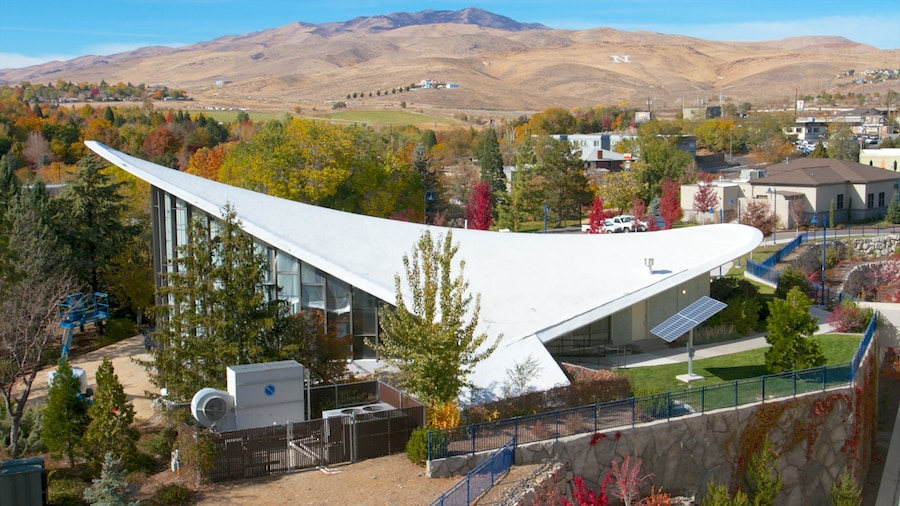Animal Ark differs from most zoos in that it primarily serves as a safe haven for animals that are injured, abandoned or otherwise unable to survive in their natural habitats. Many of the animals are former exotic pets that can’t survive on their own, and this zoo believes they can play a vital role as educators and ambassadors for their cousins in the wild.
Animal Ark maintains a strong focus on North American predators and local species, and is also home to an array of animals from all over the world. Standouts from the cat family include white tigers, jaguars, cheetahs and mountain lions. The zoo features birds from the raptor family, including horned owls, peregrine falcons and gyrfalcons, the largest breed of falcon in the world. There are also black bears, various wild dogs and a pair of desert tortoises.
The park is split on either side of the entrance and is easy to navigate. Pick up a map to chart your visit. Don’t miss the Cheetah Run where you can see these cats sprinting at speeds of up to 65 miles (100 kilometers) per hour.
The zoo is an excellent attraction for children, as all the exhibits provide plenty of information about the animals. It’s particularly touching to read the heart-wrenching stories of how some of these animal came to be in Animal Ark. The staff are committed and very approachable, so don’t hold back from asking questions. The trail is largely uncovered bring sunscreen and a hat if the weather is hot. As you explore the park, take the time to check out the wonderful views of the surrounding mountains.
Animal Ark is located 25 miles (40 kilometers) north of Reno. The zoo is open late March through early November, as well as occasional winter openings so the animals can show off their coats. The park is sometimes closed for bad weather, so phone ahead if the sky looks stormy.









